Xbox 2020: how Xbox Series X and Game Pass could brighten Microsoft's future
The year that Microsoft made big investments and bigger hardware
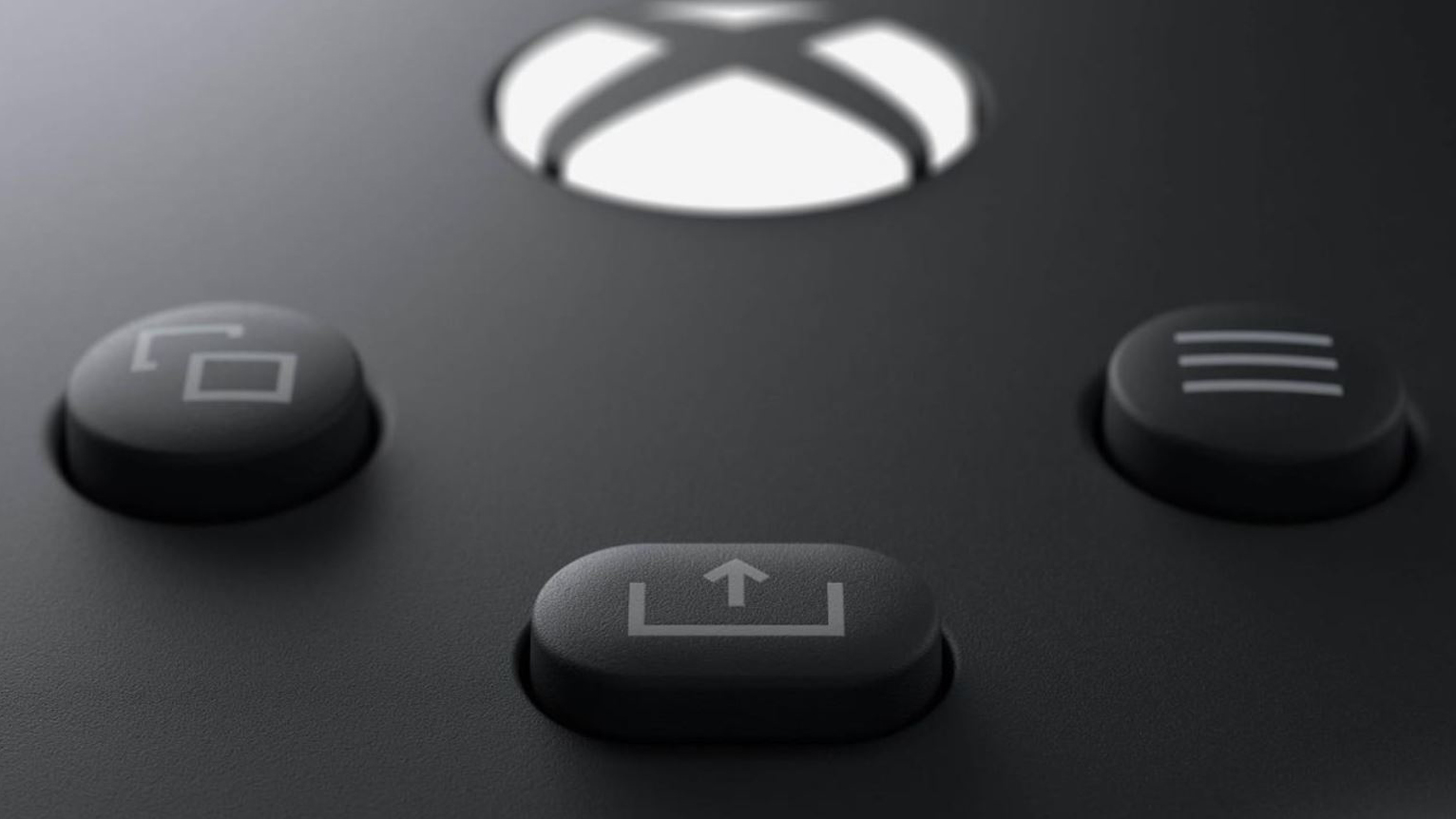
Sign up for breaking news, reviews, opinion, top tech deals, and more.
You are now subscribed
Your newsletter sign-up was successful
Microsoft came into 2020 with most of its cards already on the table. After all, Team Xbox had already revealed the Xbox Series X, Microsoft’s premium next-gen console, during The Game Awards 2019. So with most of its intentions out in the open, Microsoft quickly dug into the technical nitty-gritty in 2020 and spent the rest of the year nurturing its library of services, which would ultimately be the backbone of its next-gen experience.
Throughout this year, it’s become increasingly clear that consoles are not the primary focus for Microsoft. The wider Xbox ecosystem has grown considerably over the past 12 months, with the likes of Xbox Game Pass receiving meaningful expansions that have seen the service become a successful product in its own right.
It’s fair to say, we’ve seen a noticeable shift in Microsoft’s approach to gaming this year, one which appears to place a higher value on the Xbox community than ever before - regardless of which platform within its ecosystem, you’re choosing to play on.
To get you up to speed with the state of Xbox right now, here’s a rundown of Microsoft’s major movements in 2020.
Specs on deck
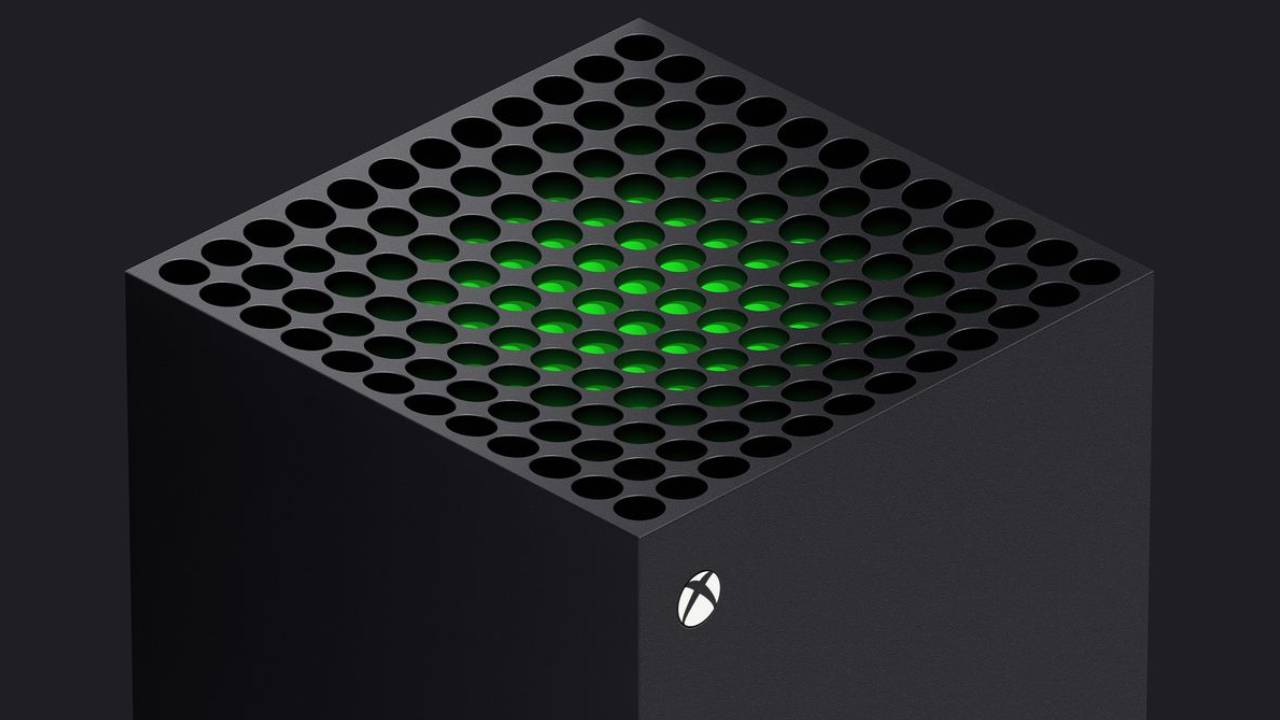
It was February of 2020 when Microsoft first confirmed the whopping 12 Teraflops of power that would live under the hood of the Xbox Series X, in a blog post that expanded upon the technical specifications of the device in great detail.
It’s here that we first heard of new features such as ‘Smart Delivery’, which Microsoft explained means that if you buy one version of an Xbox game that supports the feature, such as Halo Infinite or Cyberpunk 2077, you’ll always have access to the best version of that game later down the line no matter which hardware you’re playing it on.
So that’s forward compatibility sorted — as for backwards compatibility, Microsoft mentioned that the Series X would offer an unprecedented “four generations of gaming” — every game playable on the Xbox One would be playable on Series X, stretching all the way back to OG Xbox launch titles like Blinx: The Time Sweeper.
Sign up for breaking news, reviews, opinion, top tech deals, and more.
With 4K 120fps and ray tracing also confirmed early, consumers had a really good idea about what they would be getting from a Series X purchase some several months ahead of launch.
Microsoft’s open-book approach continued into March, when we received the full Xbox Series X spec sheet, noting a 1 TB SSD and proprietary expandable storage. This was complemented by a video explanation of the Quick Resume feature, which would allow players to store up to three in-game save states that you can hop between in seconds by simply tapping the Xbox button.
To gameplay or not to gameplay

Microsoft was more transparent than ever about the technical makeup of its next-gen consoles throughout the year, getting out in front of Sony in the early months of 2020 with catchy, jargon-friendly features that had mass appeal with gamers. But consumers wanted to see some new games running on Microsoft’s latest hardware, which proved to be less of a communications home run.
The May Xbox Series X gameplay showcase came next — where Microsoft controversially didn’t show much gameplay at all. There were some spats of footage amid trailers for games like The Medium and Yakuza: Like a Dragon, but the whole conference was received poorly by fans hoping for bigger games and extended gameplay. Xbox’s Aaron Greenberg noted that the team “set some wrong expectations” in the days following the show.
Halo Finite

July was when we finally got some proper gameplay out of Microsoft, with its then-launch title Halo Infinite leading the charge. Who could forget that open-world sojourn, which introduced the world to our lovable friend Craig the Brute? Of course, the Halo Infinite hype train was derailed shortly after in August of 2020, when Microsoft shocked the entire industry by delaying its blockbuster next-gen launch title into 2021.
The loss of Halo Infinite created a vacuum that Microsoft struggled to fill ahead of the Xbox Series console launch in November. But with Perfect Dark, Everwild, Fable and a potential Skyrim-killer from Obsidian in Avowed, the future is still looking bright for Xbox exclusives. If only the aforementioned games didn’t feel quite so out of reach. The unbelievable quality of the Xbox Game Pass library has definitely helped to cut through the gloom regardless, tapping superb titles like Control, Celeste, Destiny 2 and more throughout 2020.
An explosive acquisition
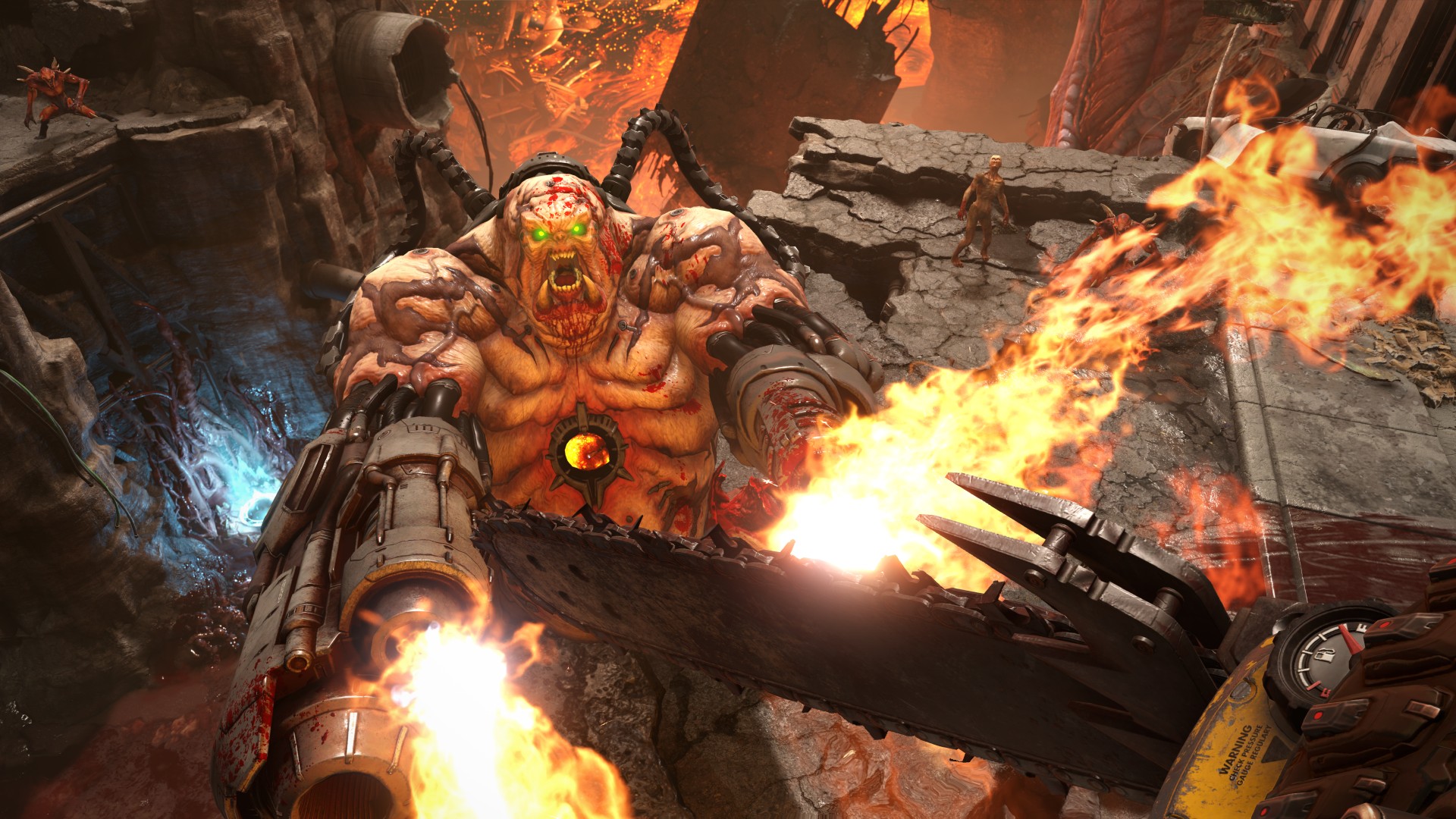
It’s funny to refer to Avowed as a Skyrim-killer because, as of September, Microsoft no longer needed one. In what was easily the biggest gaming news story of the year, Microsoft acquired Zenimax Media, Bethesda's parent company, for $7.5 Billion, scooping up a handful of iconic franchises in the process.
Doom, Fallout, The Elder Scrolls, Dishonored and Wolfenstein are now all being made under Microsoft’s tender wing, with the console exclusivity of these games still in question. Will The Elder Scrolls VI be an Xbox exclusive? That would be one hell of a lucrative ace up Microsoft’s sleeve, but there is no definitive answer from top dog Phil Spencer just yet. The goodwill alone of acquiring such a massive development cabal stole hefty attention from Sony’s exclusive offensive in the run-up to the PlayStation 5’s launch.
As if that wasn’t enough news for September, this was also when Microsoft officially revealed the Xbox Series S, sadly already leaked to high heaven in the months prior. A nifty little unit, this 512 GB 1440p-capable console isn’t as powerful as its next-gen colleagues, but it undercut the economic upgrade landscape entirely at $299.99 / £249.99 / AU$499. It stands in stark comparison to the Xbox Series X, a $499 / £449 / AU$749 4K 120fps beast available for those in need of a more serious upgrade.
By the end of a blockbuster September, Xbox Series pre-orders had launched (and quickly sold out) and we were off to the races.
A solid launch
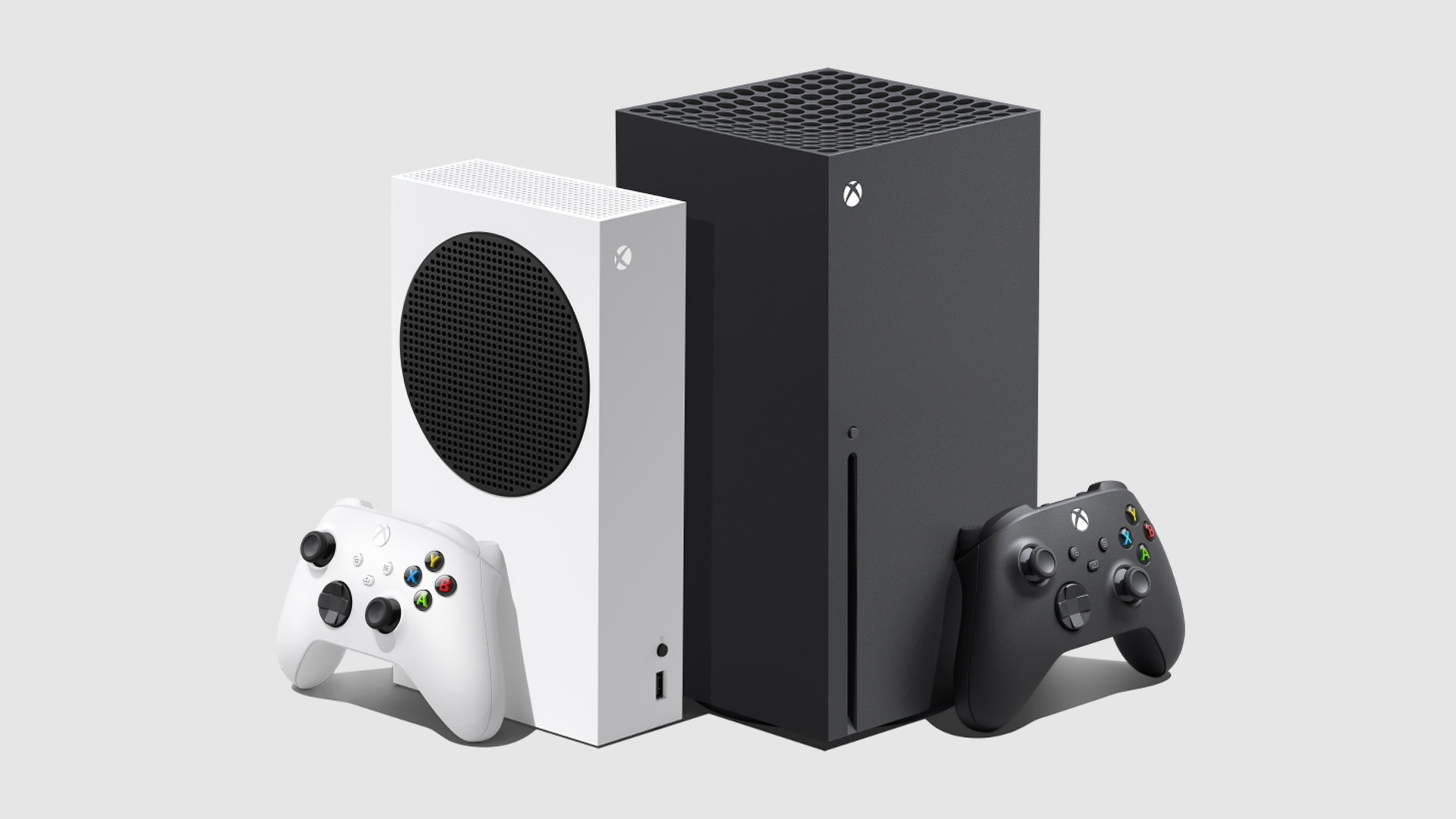
By the time November 10 rolled around, we knew pretty much everything we could expect about the Xbox Series X/S. What resulted was the biggest launch in Xbox history, with VGChartz estimating that between 1.2 million and 1.4 million units of Xbox Series X and Xbox Series S units were sold worldwide in the 24 hours following release.
So, it’s no surprise that both consoles once again became like gold dust to find on launch day - and still aren’t easy to come by.
But was the Xbox Series X everything we hoped it would be? In our review of the Xbox Series X, we noted the “extra boost” in loading times and fidelity provided by the technical prowess of the console and its well-executed features like Quick Resume, Smart Delivery and backwards compatibility. Still, the lacking launch library stood out as the Series X’s Achilles heel - and still does.
Value and service
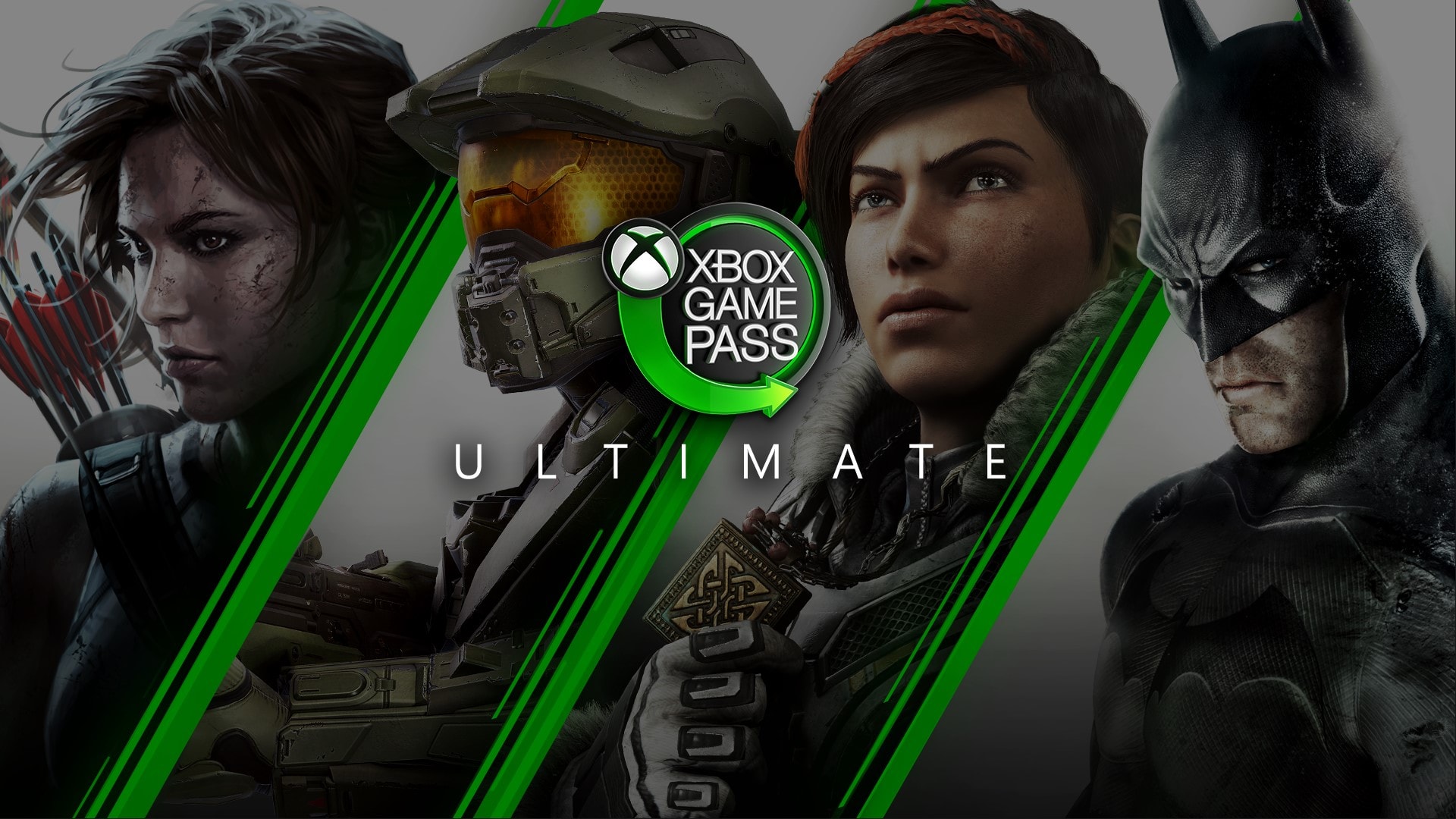
As we approached the next-gen launch, a lack of exclusive games to shout about meant Microsoft honed in on making Xbox Game Pass the best deal in gaming. Or should we say Xbox Game Pass Ultimate, as that is now the obvious option if you plan to join Microsoft’s service ecosystem.
Xbox Game Pass Ultimate was introduced in late 2019 but has really come into its own this year. As of December 2020, an Xbox Game Pass Ultimate subscription sees you getting Xbox Live Gold, Xbox Game Pass for PC and Console, cloud streaming on mobile devices through Project xCloud and the entire EA Play library for just $14.99 a month. With multiple introductory offers on the table, it’s an undeniable bargain if you’re doubling down on Xbox for the near future.
Xbox Game Pass for Console and PC each now cost $9.99 a month to purchase separately and, in the process, you’ll be foregoing all of the above benefits gained from Ultimate. It certainly seems like they’re both being pushed out to focus on a single homogenized service, something that might be developed further in 2021.
With Xbox cloud streaming coming to iOS next year and games like Among Us, Star Wars: Jedi Fallen Order and Doom Eternal dropping onto Game Pass over the past few weeks, it’s a very lucrative time to be an Ultimate subscriber. The treats haven’t stopped coming, and we imagine there’ll be more in the near future.
A promising future
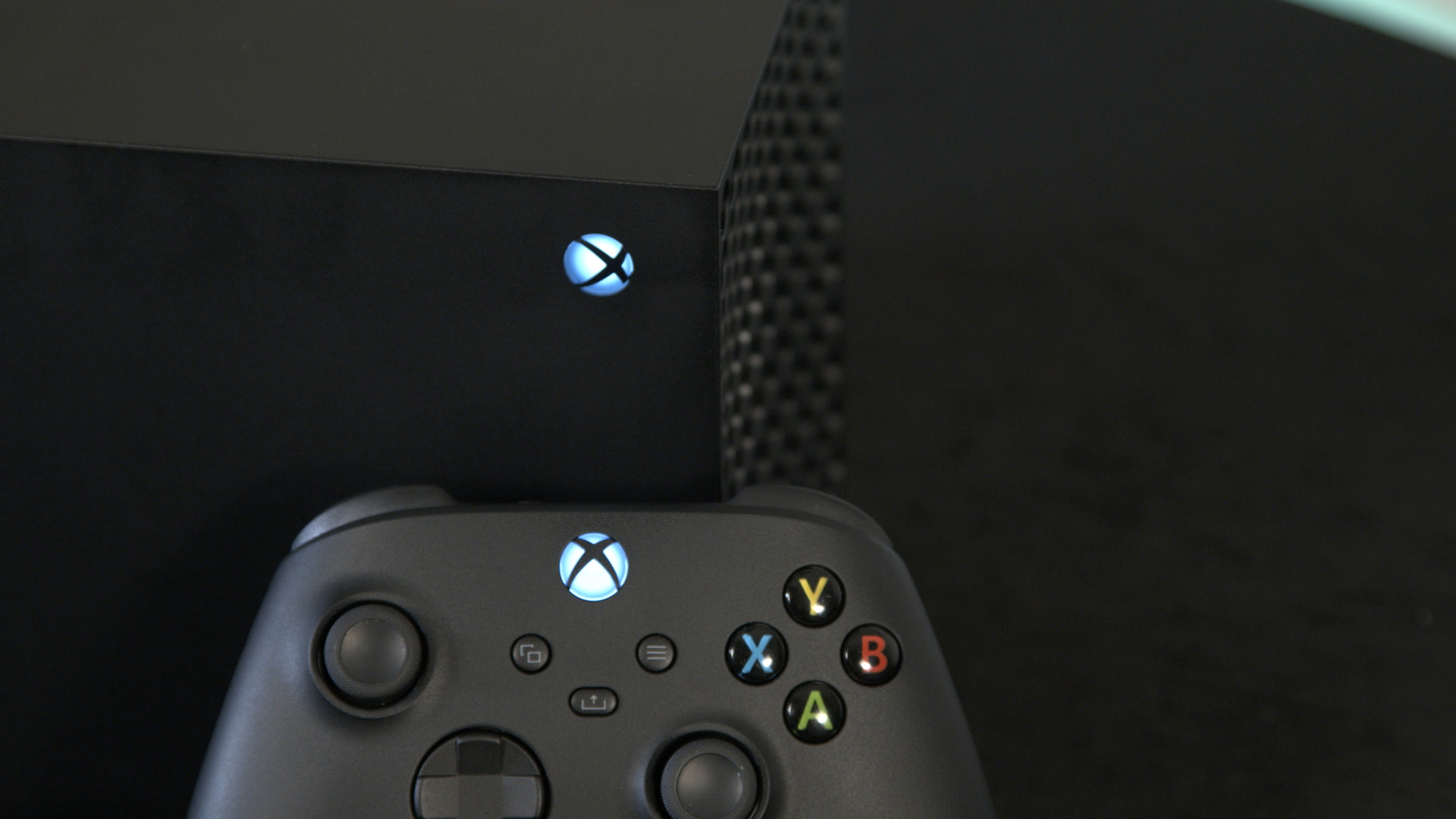
In response to the popularity of Xbox Game Pass in 2020, We’re sure Microsoft will seek to reward its audience even more next year as it starts to deliver exclusives through the service that take advantage of the console’s power.
Potential 2021 launches like Psychonauts 2, Everwild and Halo Infinite would justify the purchase for early adopters, especially when they’re made accessible on day one via Xbox Game Pass.
With this strategy, Microsoft is providing an opportunity to dodge the top-price retail purchases currently necessary with a PlayStation 5 in favor of an endless subscription situation. It all comes down to your spending style, but it’s hard to ponder the downsides for too long when you’re scrolling through that unparalleled game library. This is Microsoft’s ace in the hole that will no doubt be bolstered by the massive Bethesda acquisition.
Microsoft may have fumbled a few individual aspects of its 2020 plan, but the transparency and consistent news of new games has sowed a lot of favour with fans. As a result, the wider Xbox ecosystem is truly stronger than ever before. The Xbox Series X and S may not be essential pickups right now, but for every kind of gamer, Xbox Game Pass is becoming very difficult to ignore.

Jordan Oloman is a journalist and documentarian with experience across the pop culture/tech spectrum writing reported features, reviews. news, guides, op-eds and more for a wide variety of outlets. He is also an affiliate streamer on Twitch and have previous experience in scriptwriting, podcasting, game consultation and creating video content.